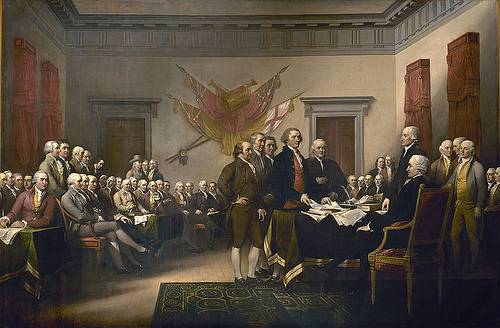We don’t know much about Angus McDiarmid, except that he’s been called “the world’s worst author.” His 1815 book Striking and Picturesque Delineations of the Grand, Beautiful, Wonderful, and Interesting Scenery Around Loch-Earn is a bewildering mess of bad grammar and obscure language — apparently he composed it in his native Scottish Gaelic and then salted it with impressive words from an English dictionary, without much regard to their parts of speech:
The foresaid high Grampian mountains abounded with spasmodiac opening, or excavated parts, that if a loud cry made at accommodious distant, they would sounded the same in such miraculous manner, that one apt to conceive that each parts of those spasmodiac rocks imbibed the vociferation which is depressing gradually the sonorofic sound to the expiry thereof.
But the high point is the dedication, which William Shepard Walsh calls “as grovelling and abject as the worst example in the very worst periods of authorial servility”:
To the Right Honorable the Earl of Breadalbane. May it please your lordship, with overpowering sentiments of the most profound humility, I prostrate myself at your noble feet, while I offer, to your Lordship’s high consideration, those very feeble attempts to describe the indescribable and ineffable beauties of your Lordship’s delicious estate of Edinample. With tumid emotions of heart-distending pride, and with fervescent feelings of gratitude, I beg leave to acknowledge the honor I have to serve so noble a master, and the many advantages which I, in common with your Lordship’s other menials, enjoy from the exuberance of your princely liberality. That your Lordship may long shine with refulgent brilliancy in the exalted station to which Providence has raised you, and that your noble family, like a bright constellation, may diffuse a splendor and glory through the high sphere of their attraction, is the fervent prayer of your lordship’s most humble and most devoted servant, Angus McDiarmid.
The whole book is here.


